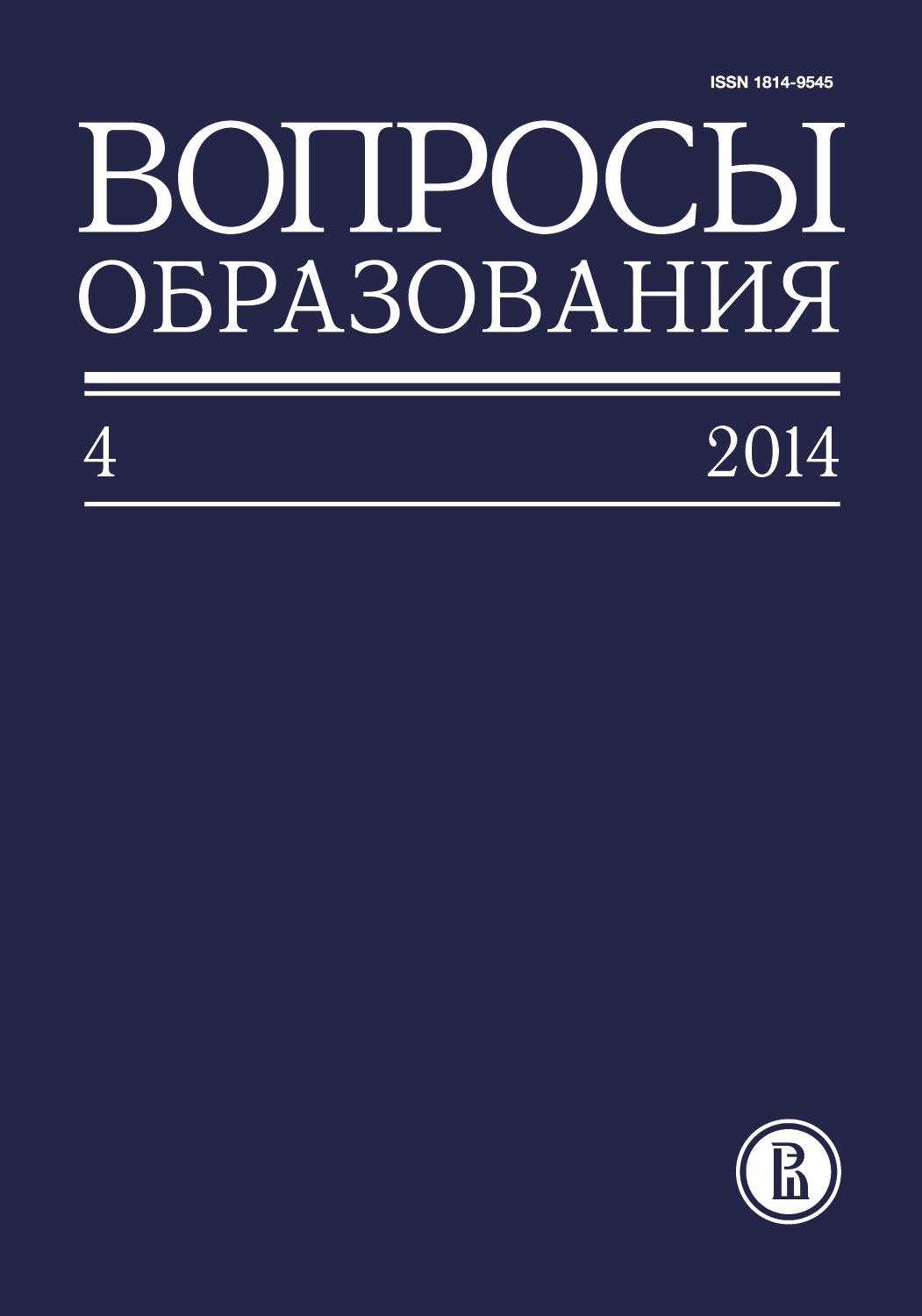Профессиональный стресс и удовлетворенность работой преподавателей российских вузов
Аннотация
Для анализа факторов, влияющих на уровень профессионального стресса и удовлетворенности работой у российских преподавателей высших учебных заведений, использованы данные международного исследования Changing Academic Profession, проведенного по единой методологии в 20 странах мира, включая Россию. На основании исследуемых характеристик профессионального самочувствия преподавателей вузов все страны, участвовавшие в исследовании, разделены на четыре группы. Россия относится к группе с низкими значениями обоих показателей, причем и уровень стресса, и удовлетворенность работой у российских педагогов ниже, чем у их коллег из всех стран — участниц проекта. Оценивается взаимосвязь исследуемых переменных с тремя группами факторов: требования к преподавателям и ресурсы, которые предоставляет им вуз для осуществления их профессиональной деятельности; индивидуальные профессиональные качества педагогов; их социально-демографические характеристики. В России, как и в других странах с низким уровнем стресса и удовлетворенности работой, данные показатели связаны с удовлетворенностью ресурсами, предоставляемыми вузом. Но, в отличие от других стран, для педагогов в России особенно важны нематериальные ресурсы: личное влияние в различных структурных подразделениях вуза, вовлеченность в коммуникацию, коллегиальность в принятии решений. В России стресс и удовлетворенность работой не связаны с должностью, заработной платой, стажем работы, тогда как, например, в Германии и Аргентине удовлетворенность работой связана с должностью.








